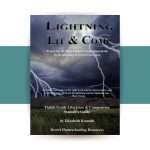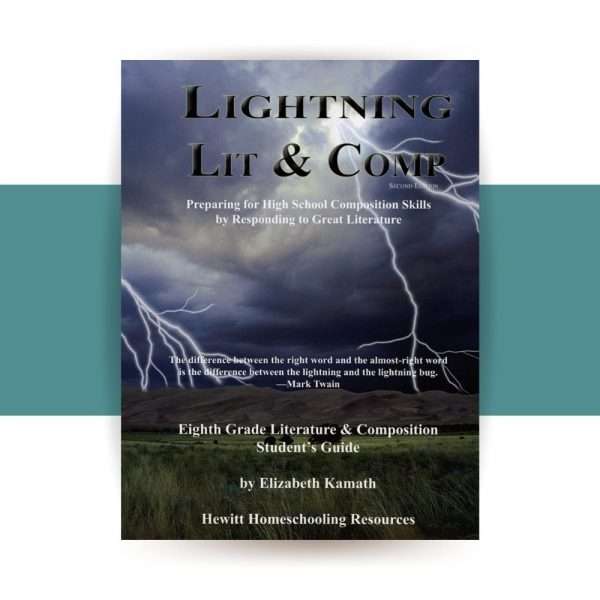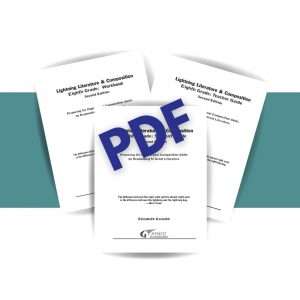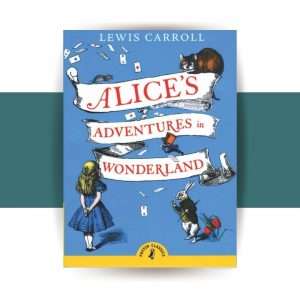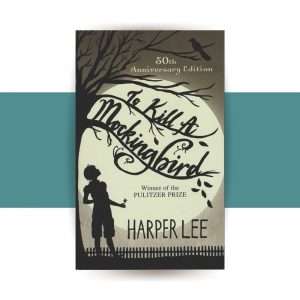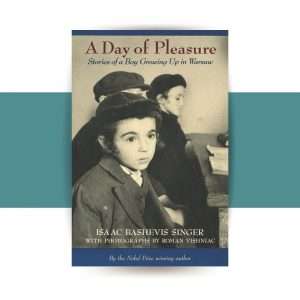Description
Second Edition
Students read in the following order:
- “A Crazy Tale,” by G. K. Chesterton from Stories and Poems for Extremely Intelligent Children
- Treasure Island by R. L. Stevenson
- Various poems from Stories and Poems. . .
- A Day of Pleasure by Isaac B. Singer
- “Wakefield” a short story by Nathaniel Hawthorne from Stories and Poems. . .
- A Christmas Carol by Charles Dickens
- Various poems from Stories and Poems. . .
- The Hobbit by J. R. R. Tolkien
- “Reflections” a short story by Lafcadio Hearn from Stories and Poems. . .
- My Family and Other Animals by Gerald Durrell
- Various poems from Stories and Poems. . .
- To Kill a Mockingbird by Harper Lee
The lessons in this Guide cover author’s purpose, setting, vivid language in poetry, writing about culture, details in writing, character development, figurative language, conflict, symbolism, humor, meter in poetry, and writing a literary analysis. Mini-lessons cover taking notes, rewriting in your own words, free verse and ballad, rewriting your own words, citing sources, bibliography, fun poems, genre fiction, sentence structure, and more. The workpages give students the chance to practice the skills and concepts learned in the lessons along with composition skills (writing from note cards, rewriting in your own words, etc.), thinking skills (e.g., differentiating fact from opinion, identifying bias), and grammar review (e.g., capitalization, pronouns and antecedents)
Book-length works are sold separately and are also available two other ways: In a pack with Stories and Poems for Extremely Intelligent Children and in a pack without Stories and Poems for Extremely Intelligent Children for those who already have it. The Teacher’s Guide (see Related items below) includes the answers to comprehension questions and the workbook pages, a teaching schedule, extra teaching help for the lessons, help in choosing appropriate writing exercises, and discussion questions.
Recommendations:
Although this is listed as an eighth grade text, students cannot be easily boxed into grades. A seventh grader who is a strong reader and likes writing would be able to do well with this course. Another option for the parent of a sixth grader who is eager to begin Lightning Lit is to complete the seventh grade course and this course over two years (there is not a schedule in the Teacher’s Guide for this option).
This course can also work for the ninth grader who needs to work at the foundations of composition.

